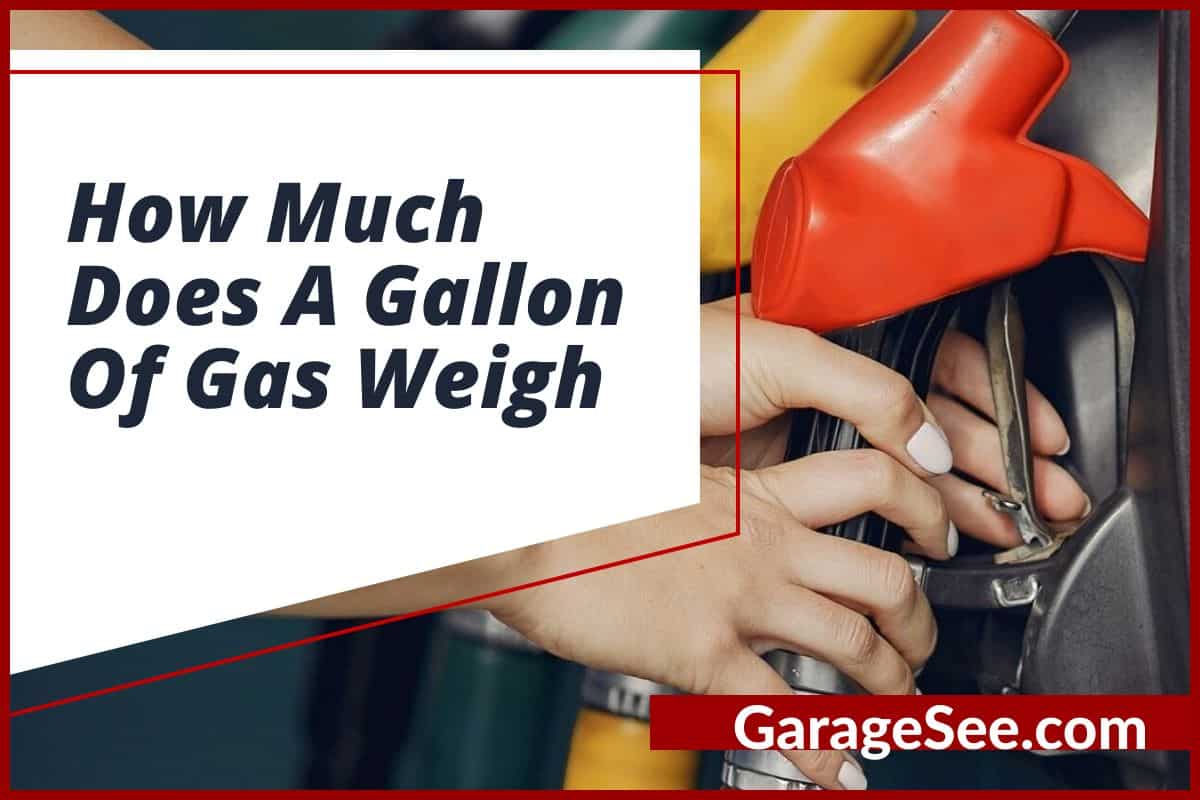We fill our tanks, we watch the numbers spin at the pump, but how often do we think about the actual *weight* of the fuel we’re putting in our cars? Turns out, it’s lighter than you might think – but not always as straightforward as you might assume.
Lighter Than a Gallon of Milk: Debunking the Density Myth
Ever lift a full gas can and think, “Whoa, heavier than I expected!” You’re not alone. Our intuition often links weight with volume, assuming a gallon of anything will have a similar heft. But gasoline likes to defy expectations.
Here’s the core fact: A gallon of gasoline weighs approximately 6 pounds.
That’s right – lighter than that gallon of milk in your fridge! This might seem counterintuitive, but the explanation lies in a little something called density.
Think of it like this: Imagine a dance floor packed with people. Water molecules are like a slow, crowded waltz, all packed close together. Gasoline, on the other hand, is more like a mosh pit – those molecules are bouncing around with more space between them. That “wiggle room” means less density, hence less weight per gallon compared to water.
Why Gasoline Weight Isn’t One-Size-Fits-All
Now, before you go thinking every gallon of gas weighs exactly 6 pounds, there’s a catch – a few, actually. The exact weight can be as fickle as a Formula One pit stop, influenced by:
- Fuel Grade: That regular, mid-grade, or premium you choose? They don’t just differ in price. Each grade has a slightly different blend of hydrocarbons and additives, leading to variations in density and, you guessed it, weight.
- **Additives: ** Think of these as the secret sauce in your gasoline. Regions often have specific requirements for fuel, adding ingredients to reduce emissions or improve performance. These additives, while serving a purpose, can slightly tip the scales on gasoline’s weight.
- Temperature: Just like that cold soda you crack open on a hot day, gasoline expands slightly as temperatures rise. This expansion means a gallon of scorching-hot gas from a desert gas station will technically weigh a tad less than a frigid gallon pumped out on a winter’s day.
Beyond the Pump: Why Gasoline Weight Matters
You might be thinking, “Okay, interesting science lesson, but why should I care about a few ounces’ difference?” While you might not notice it at the pump, understanding gasoline weight has real-world implications:
- Fuel Transportation: Imagine those massive tankers hauling fuel across the country. Knowing the precise weight of their cargo is critical for safe loads, efficient routes, and preventing any unfortunate bridge collapses.
- Taking Flight: Ever wonder how airplanes get off the ground? Meticulous weight distribution is key. Pilots and engineers factor in fuel weight down to the pound, ensuring a safe takeoff and stable flight. Those tiny variations in gasoline density? They matter when you’re dealing with tons of fuel.
- Fast & Furious Physics: In the high-stakes world of motorsports, every ounce counts. Race teams obsess over fuel weight, knowing even a slight difference can impact a car’s speed, handling, and ultimately, victory.
Busting the Half-Tank Myth: Does a Lighter Load Equal Better Mileage?
Here’s a common piece of “fuel-saving wisdom” you might have heard: Drive around with a half-empty tank for better gas mileage. The logic seems sound – a lighter car should mean less fuel consumption, right?
While it’s true that weight reduction can improve fuel efficiency, the difference between a full and half-full tank in your everyday car is negligible. The impact on your gas mileage is so tiny, you’d likely never notice it.
Factors like driving habits, tire pressure, and vehicle maintenance have a far greater impact on your fuel economy than that half-tank of gas.
The Bottom Line: A Gallon of Knowledge
So, the next time you’re at the pump, take a moment to appreciate the complex chemistry and physics at play in that seemingly simple liquid. It’s a carefully calculated blend with properties that impact everything from your daily commute to high-flying aircraft.
While a gallon of gasoline might weigh around six pounds, understanding the factors that cause that weight to fluctuate gives us a deeper appreciation for the science that keeps our world moving.












